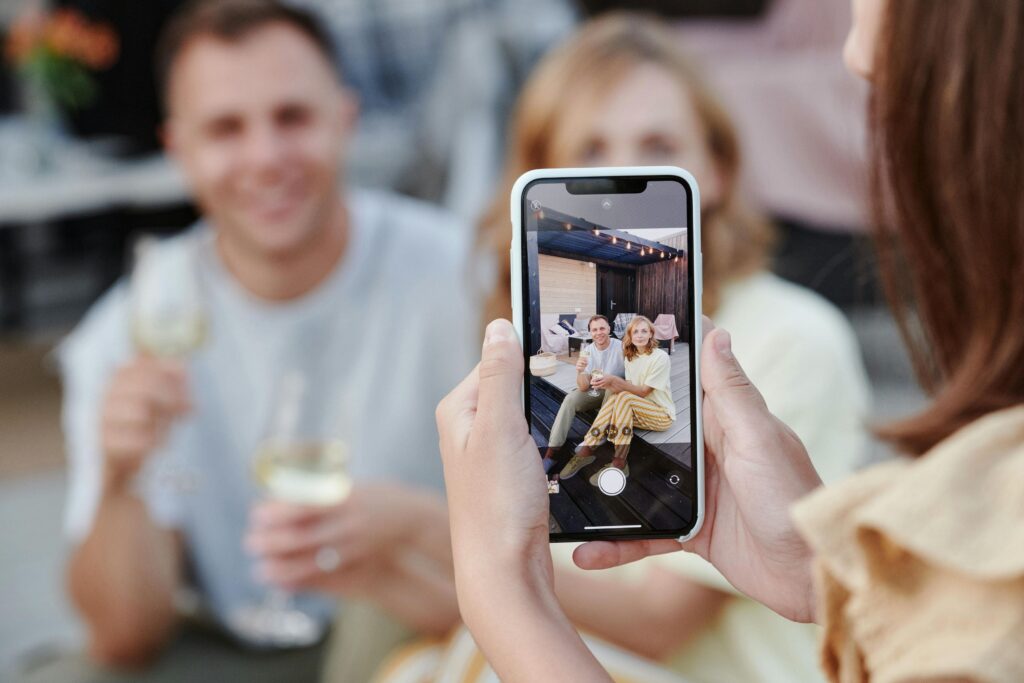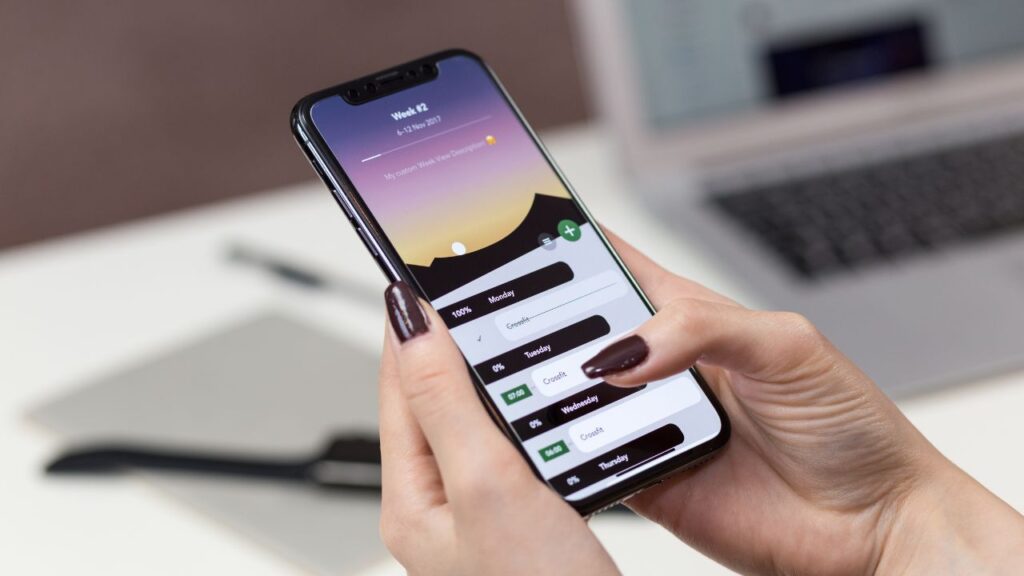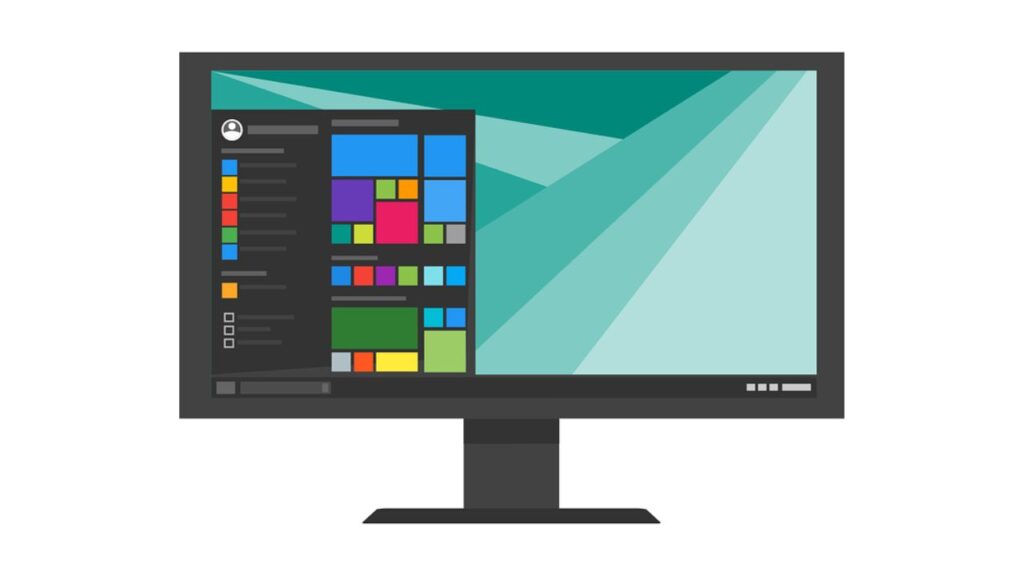Choosing a phone may be difficult, mainly if it’s going to be your first one. These days, there are a ton of amazing options available, so it’s advised that you visit a few places to look at the products first.
Before you buy, you must focus on what matters – finding something that fits your needs and works for your lifestyle. You should give thought to your budget, whether you prefer Apple or Android, what size screen you want, battery life, and camera quality since those tend to be important for most people.
These are the primary requirements involved in the search. Rather than just looking at the latest bells and whistles, evaluating these core factors will help you identify phones that are truly practical and suitable for you.
Whether you need an upgrade from your old phone or this is your first smartphone, taking those key factors into account will help narrow it down.
This guide outlines the ten most important things to consider before buying a smartphone. You can make an informed choice by understanding your goals and comparing specs and reviews.
Factors like storage, connectivity, performance, and durability are particularly worthwhile to research. Now, let us go through the checklist given below!
10 Things You Should Check Before Buying A SmartPhone
No matter if you are buying a smartphone for the first time or it’s going to be your next one, make sure to check the factors given below:
1] Budget
Price is quite crucial when purchasing a smartphone. Calculate how much you can allow yourself to spend each month. The premium flagship phones with the latest technology can go up to a price level that may not suit many.
Phones with mid-range price tags give very good cameras, a fast processor, and wireless charging, and in comparison to more expensive options, they cost far less.
Similarly, consider whether you find yourself obsessed with new trends and if a cheaper device that fills your daily needs is really what you want.
2] Mobile Data Speed
Connection speeds have increased significantly from older 2G networks to today’s 4G LTE and new 5G technology. While 5G is still mainly limited to expensive phones, some affordable options are starting to support it, too.
Consider purchasing a 5G phone if super fast downloads and uploads are important to you daily. 5G coverage is also expanding, so purchasing a 5G phone today is wise, even if it is mid-range. By 2028, 5G will be subscribers’ most popular mobile access technology.
3] Camera Quality

People have stopped buying expensive cameras as these phones provide everything and more! An exceptional top-quality camera should be on your list of things to consider before buying a smartphone.
With unique features like slow motion or high-speed camera, ISO control, and HDR, you can create amazing videos and short films! However, picture resolution depends on the sensors and lenses built into every phone.
Take some time to research exact camera specs, read professional reviews, and look at plenty of sample photos with the phone options you’re considering. Matching your typical pictures with a phone that takes excellent shots in similar situations is critical.
Today, iPhone cameras are known for their quality pictures, and they are comparable to high-end Samsung and Xiaomi phones. So, the camera is a top.
4] Processor & Performance
Consider whether you are an average user when choosing the RAM. A smartphone’s speed and handling of tasks rely heavily on its processor chip and RAM (memory).
High-end Snapdragon or Apple phones deliver powerful processing for heavy gaming, 4K video editing, and more RAM-intensive work. Mid-range phones provide smooth general usage, while budget models may struggle more with demanding apps as they age.
5] Gaming
If gaming is important, then focus on the RAM and fps (frames per second) along with the battery life. If you are a heavy gamer, choose a device with no less than 6GB to 8GB of RAM. Choose a device that can handle games without too much charging.
Dimensity 9400 is currently the highest-performing smartphone processor and is awarded the No.1 spot on the market.
6] Storage Space
Think carefully about how much room you need locally on your phone versus cloud storage. 64GB works well if you mainly stream video/music and don’t install hundreds of apps. However, serious photographers, or those downloading many games/files, will appreciate a 128GB minimum and may even want a 256GB+ smartphone.
Many phones even offer to add a microSD card to increase capacity. Weigh local storage costs vs monthly fees for cloud backup plans before you buy.
7] Build Quality
The Build quality is another important thing to consider before buying a smartphone.
The durability of a phone and its ability to retain accidental strikes and falls is highly related to the materials utilized to make the phone. Metal and sturdy phones with plastic bodies withstand impacts compared to fragile glass backs.
Before selecting a phone, be honest about your history – if you’re prone to dropping things occasionally, a metal or plastic build style may offer better peace of mind versus a glass back. Assess your usage patterns to pick a smartphone model that matches your handling abilities.
8] Display
The screen is a core part of the smartphone experience, as it is the first thing we see. Choose a display measuring 6.1 to 6.8 inches for a sufficient size without being too cumbersome.

Target a Full HD+ or QHD+ resolution for crystal clear viewing of videos, photos, and more. You should consider displays with OLED or LTPO OLED panels. Also, factor in your regular usage – will a larger display be inconvenient or fit easily in your pocket?
Photographers editing large files may favor higher resolutions, too. Carefully consider the display specs relative to how you’ll use the phone.
9] Operating System
Android and iOS are the two main operating system options. A lot comes down to personal preference – do you prefer Apple’s more closed ecosystem or Android’s flexible openness?
Manufacturer overlays like MIUI, OxygenOS, etc., should also be considered for Android. Select simple, intuitive interfaces that enhance your user experience.
It would also be very useful to look for the apps you mainly use and check if they can be found on the platform you use more often. The Apple App Store and Google Play Store each have millions of apps. Most major third-party apps are available on both.
But sometimes, certain niche apps only launch on one platform initially or are available only for one of them. Check if your essential apps are available on iOS or Android.
10] Security/Extra Features
Assess the added protection levels different phones offer. Fingerprint scanners and facial recognition allow secure unlocking, which is ideal if your phone holds private data.
Front speakers deliver quality audio for entertainment on the go. Wireless charging streamlines charging workflows for high-end devices you’ll rely on amply. Balance these bonuses against your regular usage routines.
Additional things to consider before buying a smartphone include features like water and dust resistance, wireless charging compatibility, and battery capacity. The battery with a capacity of 3500mAh to 4000mAh is for regular use, and over 4500mAh is for heavy users.
When choosing, research the manufacturer’s reputation for supporting customers long-term. Read user reviews for genuine performance insights to help make an informed selection. Thoroughly assessing component quality, power management, and extra features leads to a phone that delivers premium utility throughout its lifespan.
Conclusion
We hope our guide on the 10 important factors to consider when buying a smartphone will help you make the perfect choice. Everything, from network capabilities to camera quality, processing power, and battery life, is essential for the overall user experience.
Pay attention to how you use your smartphone. Are you a photography expert, a gamer, or a casual user? Do you enjoy a lot of offline apps and media saving, or do you prefer to stick with cloud storage? Reflect on these, as they will help you decide what features are important.
Furthermore, look into the brand, build quality, display features, and operating system you want. The main objective is to balance your budget and the premium features you value most.
Working through the critical factors outlined above will give you the confidence to choose the best smartphone that simultaneously appeals to your needs. Hence, shop around carefully and make the right choice as to which smartphone you want!
Did you know by 2026, 7.52 billion people will have smartphones in their hands?




